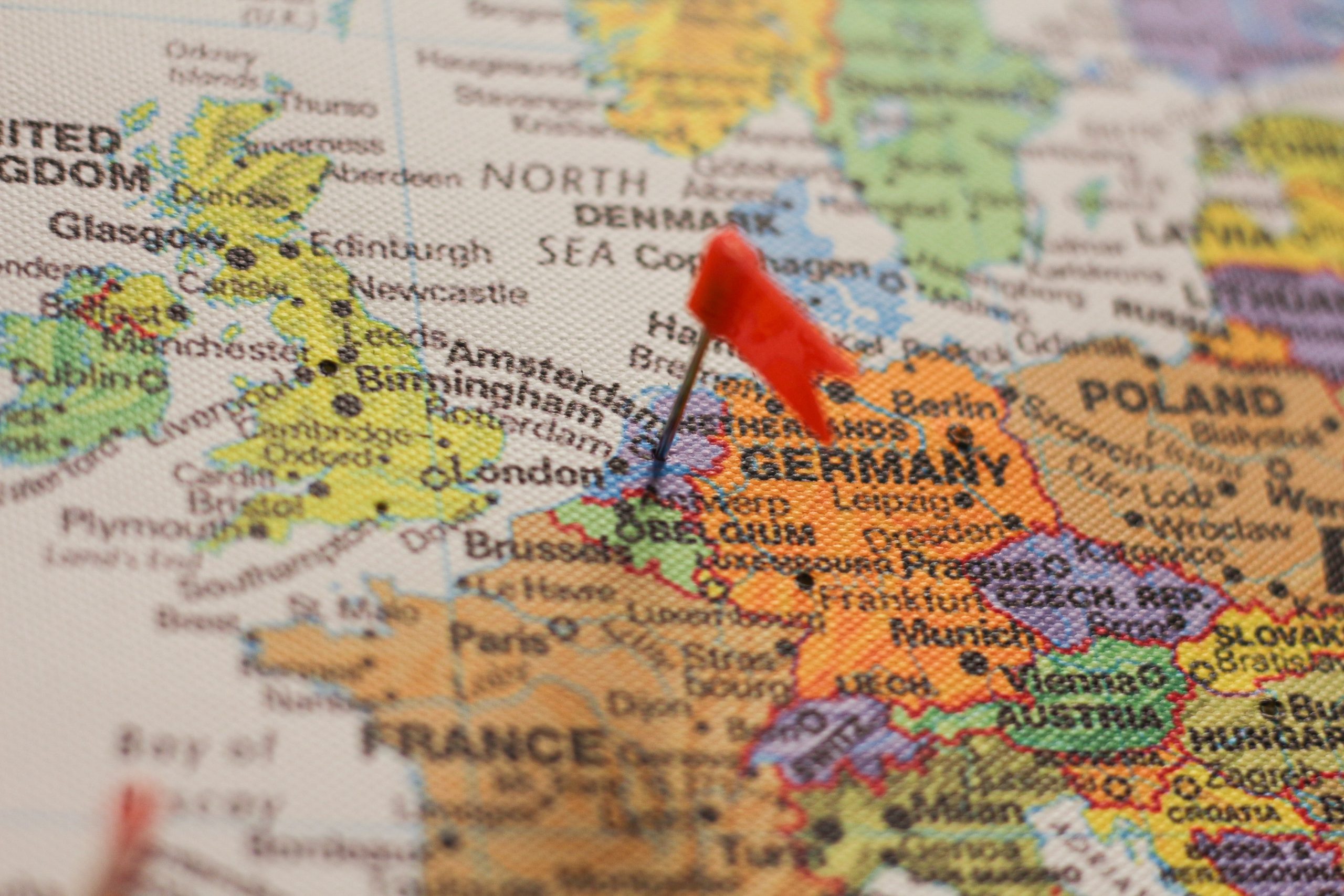Five TU Delft researchers have received a European Starting Grant of one and a half million euros. A total of fifty-one academics at Dutch universities and research institutes were awarded grants.
(Photo: Justyna Botor)
Starting Grants are intended for postdoctoral researchers at the beginning of their academic career, allowing them to set up their own team and spend five years doing research. The European Research Council (ERC) had €780 million in Starting Grants to award this year. Out of nearly 3,500 applications, 494 (14.2 percent) were granted.
Five of these go to TU Delft researchers Cosimo Della Santina (Mechanical Engineering), Giacoma Marangoni (Technology, Policy & Management) , Nguyen Anh Khoa Doan (Aerospace Engineering), Kristin Grußmayer (Applied Sciences) and Michael Klenk (Engineering, Governance and Management)
International researchers
Of the grant winners in the Netherlands, 33 are international researchers and 18 have Dutch citizenship, the ERC revealed.
In total, there are 24 Dutch grants winners, six of whom are affiliated with a foreign knowledge institution. The Dutch came in seventh in this year’s ‘nationalities ranking’, behind the Germans (94), Italians (61), French (44), Spanish (36), Israelis (30) and British (27).
Just like last year most ‘Dutch’ grants were won by researchers currently attached to the universities of Leiden (9), Utrecht (8) and Delft (5). But grants are awarded to individuals, not institutions, which means that winners can still decide to take their budget to another institution, here or abroad.
While the current government is wary of the internationalisation of higher education and research, knowledge institutions stress that the Netherlands actually owes a lot to foreign researchers.
HOP, Hein Cuppen
Translation: Taalcentrum-VU
What are Delft researchers using the ERC Starting Grant for?
- Cosimo Della Santina (ME) wants to improve the intelligence of soft robots so that they can interact with their environment via multiple complex large-area contact.
- Giacoma Marangoni (TPM) seeks to challenge the limitations of current climate-energy-economic models with his project RIPPLE.
- Nguyen Anh Khoa Doan (AE) researches predicting and controlling extreme events in turbulent flows, such as the atmosphere or the oceans, with scientific machine learning.
- Kristin Grußmayer (AS) aims to understand neurodegenerative diseases such as Huntington’s disease.
- Michael Klenk (TPM) is working on developing a theory that can explain manipulation by social systems and technology such as AI.
Do you have a question or comment about this article?
redactie@hogeronderwijspersbureau.nl


Comments are closed.